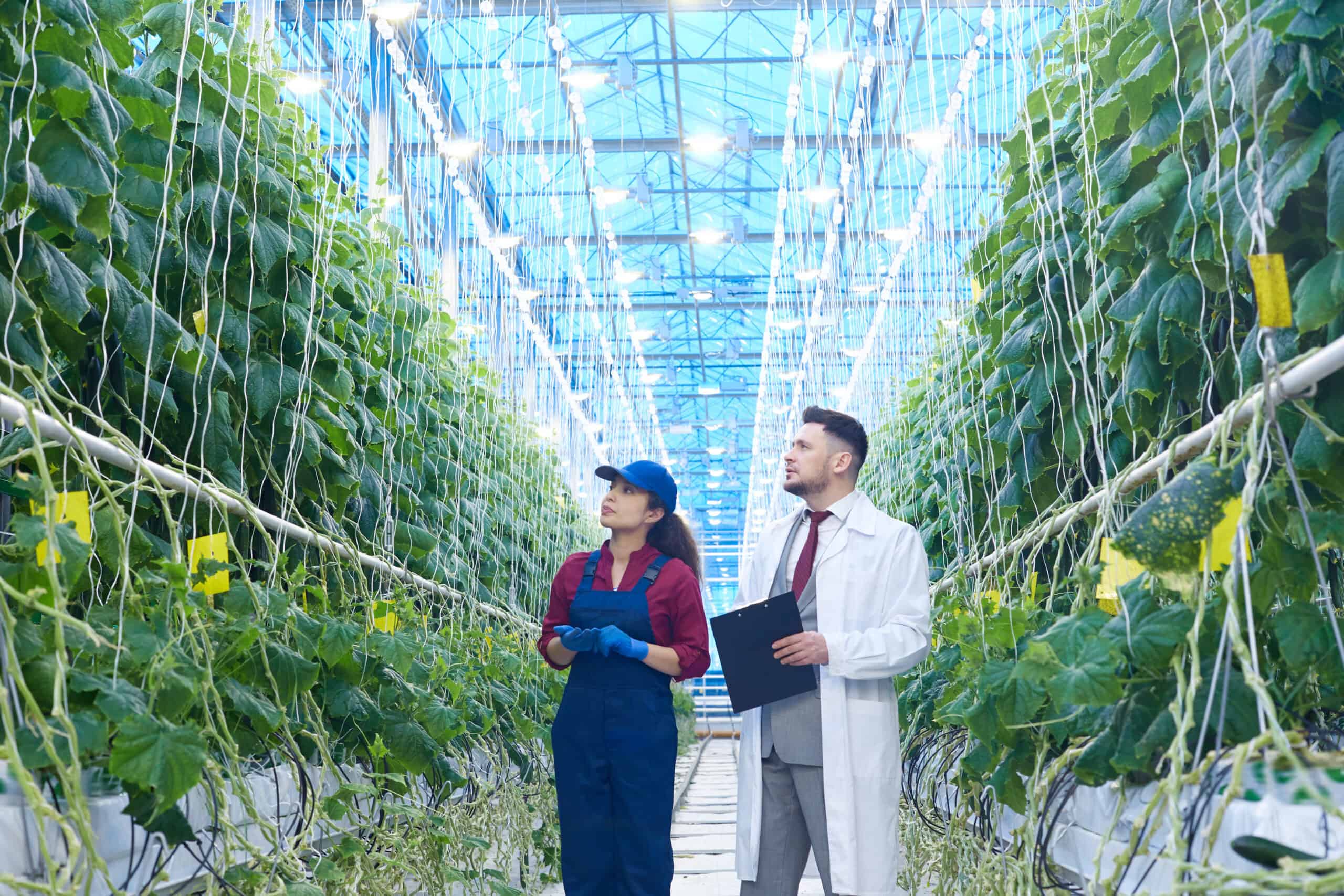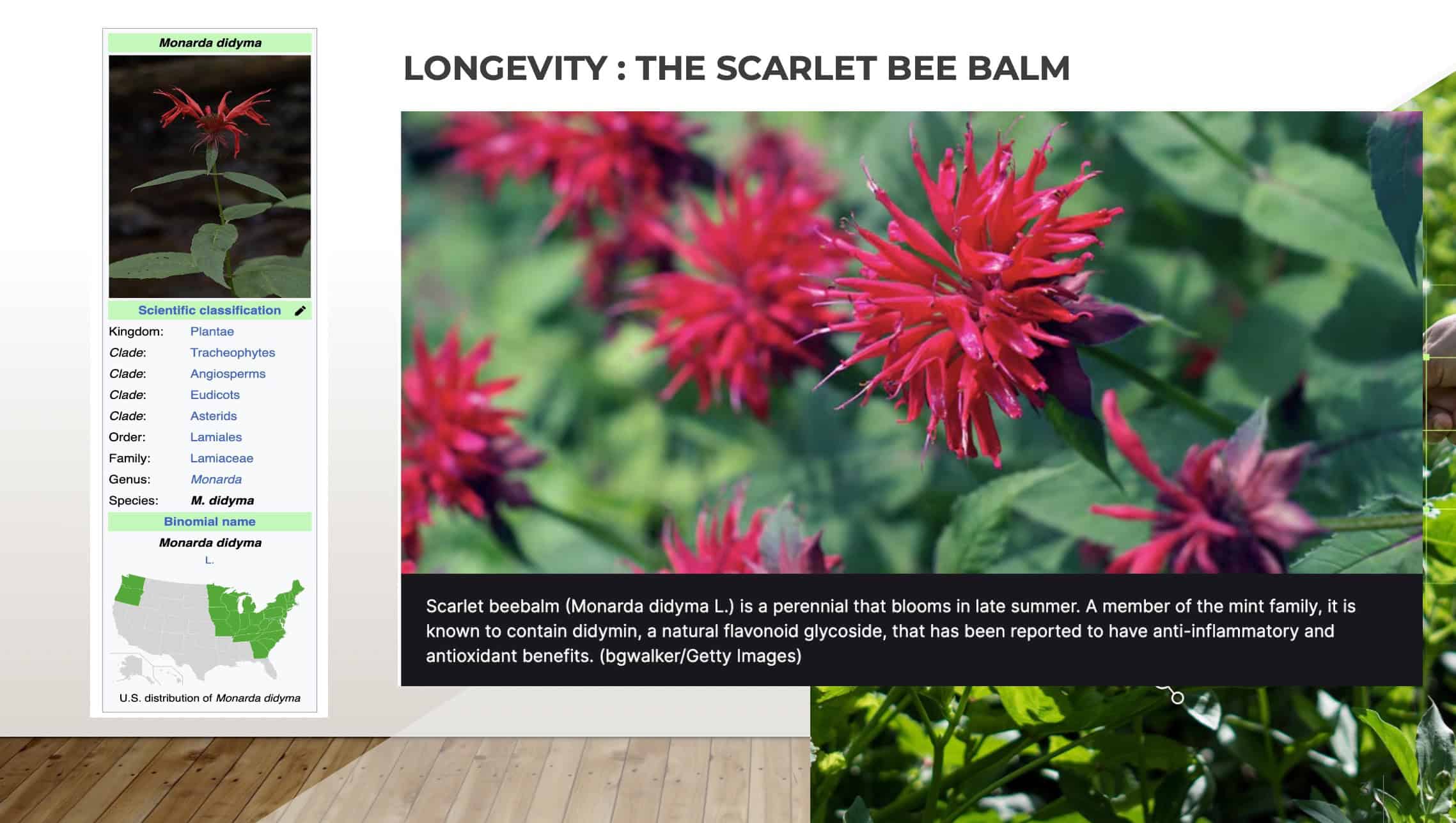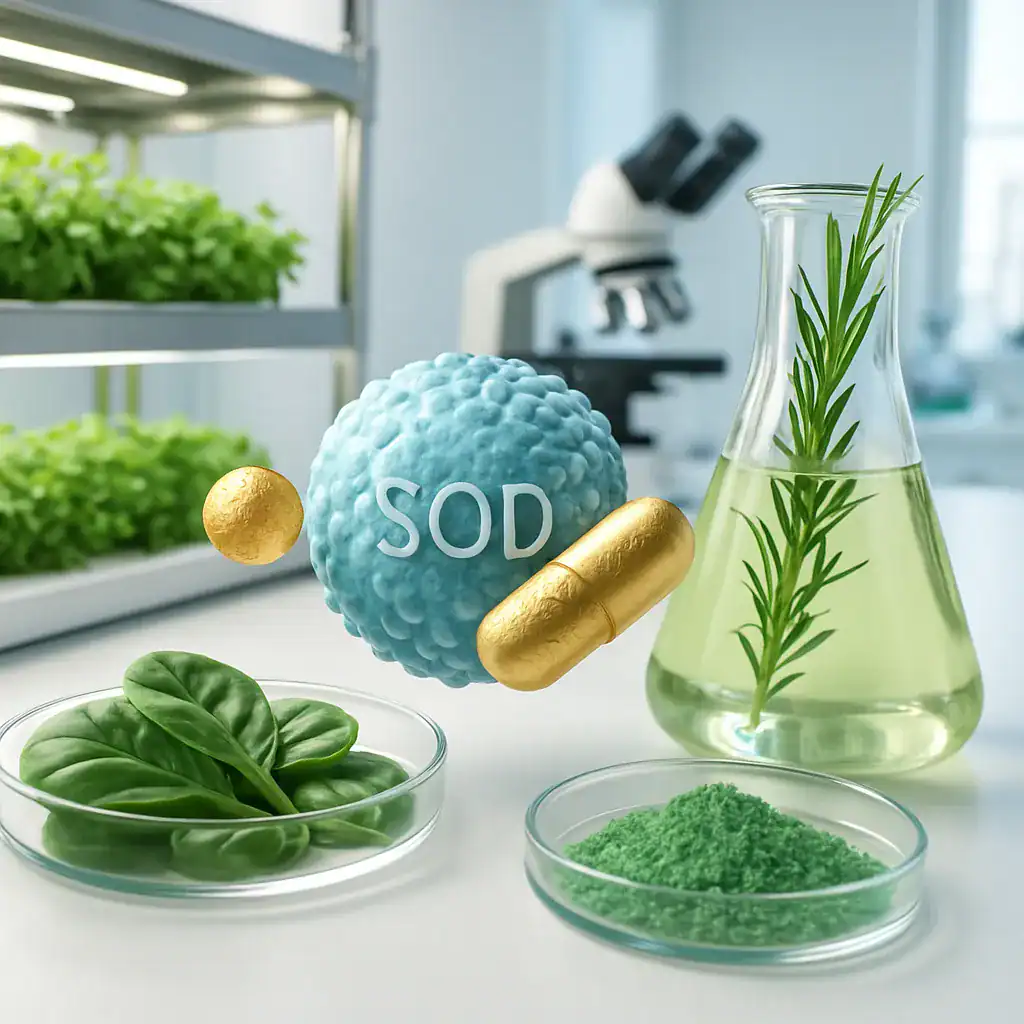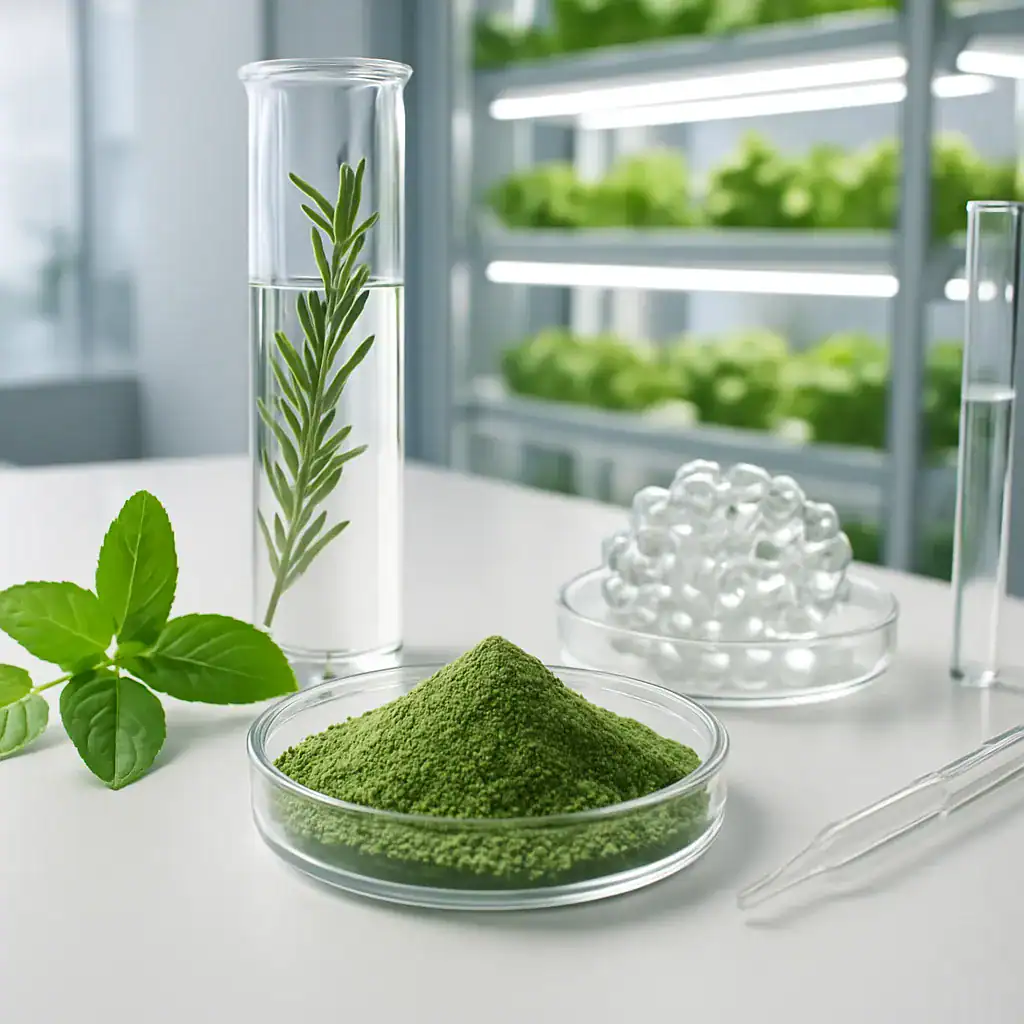Vertical Farming vs. Traditional Farming: Which is Better for Herbal Extracts?
Understanding the Foundations of Sustainable Crop Production
Sustainable crop production represents a fundamental shift in agricultural practices, focusing on methods that maintain soil health, conserve water, and reduce environmental impact while ensuring consistent yields. You’ve likely encountered the term in various contexts, but what does it truly entail for our food systems and planetary health?
At its core, sustainable crop production balances productivity with environmental stewardship. This approach integrates ecological principles with modern farming techniques to create resilient agricultural systems. But have you ever considered that sustainable practices aren’t just beneficial for the environment—they’re increasingly essential for economic viability as well?
Traditional farming methods often deplete soil nutrients, requiring ever-increasing inputs of synthetic fertilizers. In contrast, sustainable approaches like crop rotation, cover cropping, and integrated pest management work with natural processes rather than against them. This creates a virtuous cycle where soil health improves over time, reducing the need for external inputs and building resilience against climate fluctuations.
The significance of sustainable crop production extends beyond individual farms. As global population continues to grow, our agricultural systems face unprecedented pressure to produce more food while using fewer resources. That’s clear. But what’s equally important is understanding that sustainable practices offer a pathway to meet these challenges without compromising the needs of future generations.
Our Key Areas of Expertise




The Symbiotic Relationship Between Sustainable Crop Production and Nutraceutical Development
Vertical Farming: Revolutionizing Plant-Based Nutrition
The intersection of sustainable crop production and nutraceutical development represents one of the most promising frontiers in modern health science. When you examine the production chain of high-quality bioactive compounds, you’ll find that agricultural sustainability forms the foundation upon which effective nutraceuticals are built.
Vertical farming stands at the forefront of this revolution. Unlike conventional agriculture, vertical farming optimizes space utilization by growing crops in stacked layers, often in controlled-environment agriculture (CEA) facilities. This method reduces water usage by up to 95% compared to traditional farming while eliminating the need for pesticides and herbicides. The result? Botanicals with consistently higher concentrations of beneficial compounds.
Consider how this affects the quality of your supplements: plants grown in optimal conditions develop more robust defense mechanisms, producing higher levels of antioxidants and bioactive compounds. These enhanced profiles translate directly to more potent health benefits when formulated into supplements.
The Bioavailability Bridge: From Soil to Cell
The journey from plant to bioactive compound involves numerous critical steps, each affecting the final product’s efficacy:
- Soil health directly influences nutrient density in crops
- Harvesting techniques impact compound preservation
- Extraction methods determine compound integrity
- Delivery systems affect cellular uptake
One fascinating aspect of this process involves exosomes – natural nanocarriers that can significantly enhance bioavailability. Plant-derived exosomes, when properly harvested from sustainably grown crops, provide an ideal delivery system for nutraceuticals. These microscopic vesicles can transport bioactive compounds across cellular barriers that would otherwise block absorption.
Superoxide Dismutase: Nature’s Defense Mechanism Enhanced Through Sustainable Practices
| Cultivation Method | SOD Activity Level | Environmental Impact |
|---|---|---|
| Conventional Farming | Baseline | High water usage, soil depletion |
| Organic Farming | +15-25% | Reduced chemical impact |
| Vertical Farming | +30-45% | Minimal water usage, zero pesticides |
When plants are grown under environmental stress conditions typical in conventional farming, they produce varying levels of superoxide dismutase (SOD) as a defense mechanism. However, the controlled environment of vertical farming allows for precise manipulation of growing conditions to optimize SOD production without compromising plant health.
This enzyme plays a critical role in neutralizing harmful free radicals in your body, particularly superoxide radicals that contribute to oxidative stress and inflammation. The enhanced SOD activity in sustainably grown plants offers superior protection for your joints, heart, and skin health.
Nutritional Density and Environmental Resilience
You might wonder why the growing environment matters so much for nutraceutical efficacy. The answer lies in a plant’s response to its environment. Sustainable farming practices that minimize external stressors while providing optimal growing conditions allow plants to direct more energy toward producing secondary metabolites – the compounds most valuable for human health.
These include:
- Polyphenols with antioxidant properties
- Flavonoids that support cardiovascular health
- Alkaloids with various medicinal properties
- Terpenes that provide anti-inflammatory benefits
When these compounds are extracted and incorporated into nutraceutical formulations, their concentration and purity directly affect the product’s efficacy. Sustainable crop production ensures these beneficial compounds develop optimally while minimizing potential contamination from pesticides or environmental toxins.
The Circular Economy of Sustainable Nutraceuticals
Another important aspect of sustainable crop production in the nutraceutical industry involves creating closed-loop systems. Plant material not used for active compound extraction can be composted and returned to the growing system, reducing waste and enhancing soil health. This circular approach creates a self-reinforcing system where:
- Plants are grown in optimal conditions
- High-quality compounds are extracted
- Remaining biomass returns nutrients to the system
- Soil health improves for subsequent crops
This system not only reduces environmental impact but also improves the economic viability of nutraceutical production. By maximizing resource efficiency and minimizing waste, sustainable crop production helps make advanced health solutions more accessible.
Taste Enhancement Through Natural Processes
The sensory experience of health products significantly impacts consumer compliance and satisfaction. Sustainable farming practices that optimize plant growth conditions also tend to enhance flavor profiles naturally. When plants develop in balanced, low-stress environments, they produce more complex and harmonious flavor compounds.
This natural enhancement reduces the need for artificial taste maskers or sweeteners in final formulations. For example, herbs grown in vertical farming systems often exhibit more balanced bitter compound profiles, making them more palatable in supplement form without additional processing.
R&D Consultancy
Discover how PhNóva’s R&D Consultancy can help transform your idea into a market-ready solution — with expert support in formulation, regulatory compliance, and innovative delivery systems to give your product a competitive edge.
FAQ's about Vertical Farming vs. Traditional Farming: Which is Better for Herbal Extracts?
Get in Touch with PhNóva
Have questions or need expert guidance? Contact us today — our team is ready to assist you with tailored solutions for your formulations.

24/03/2025






